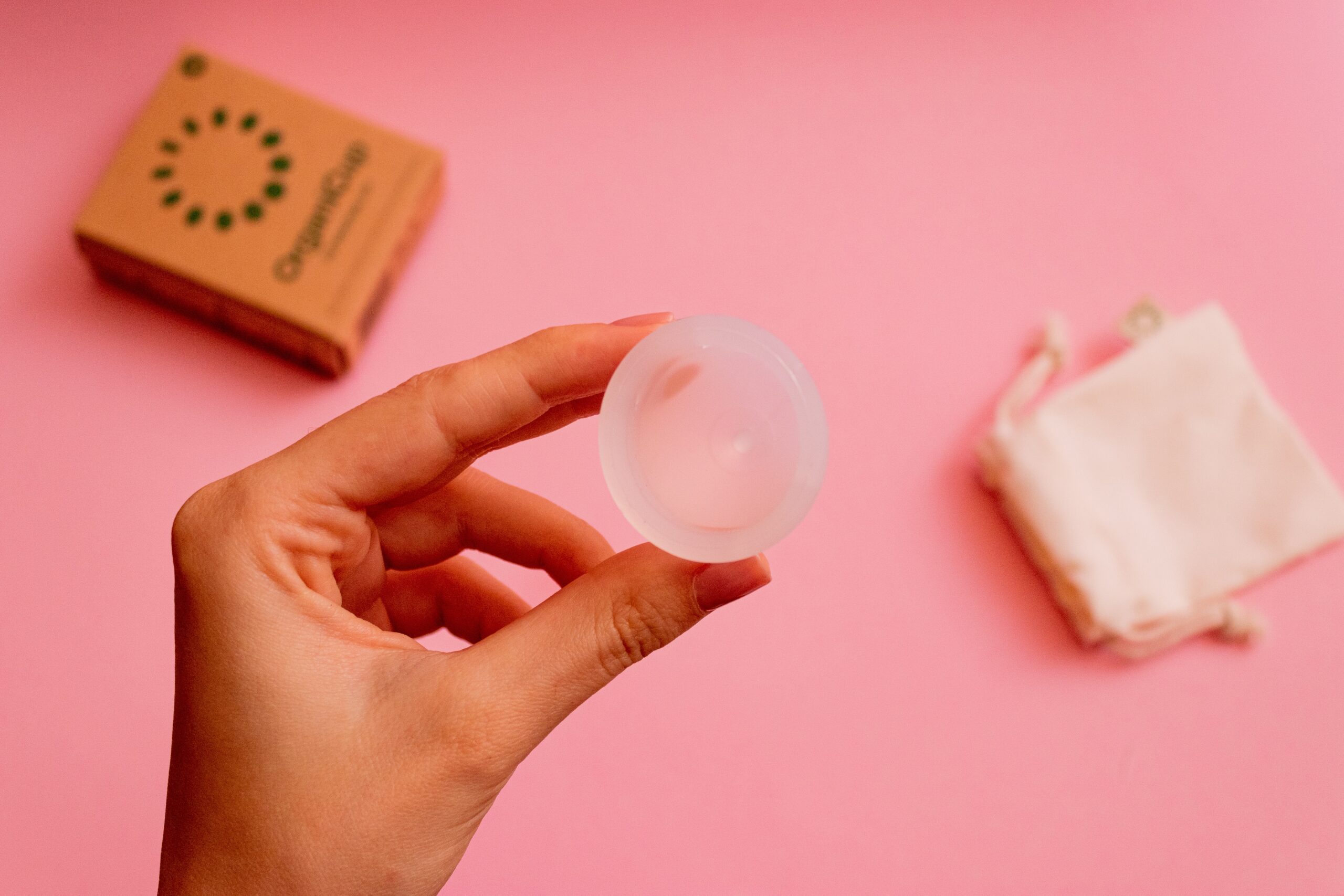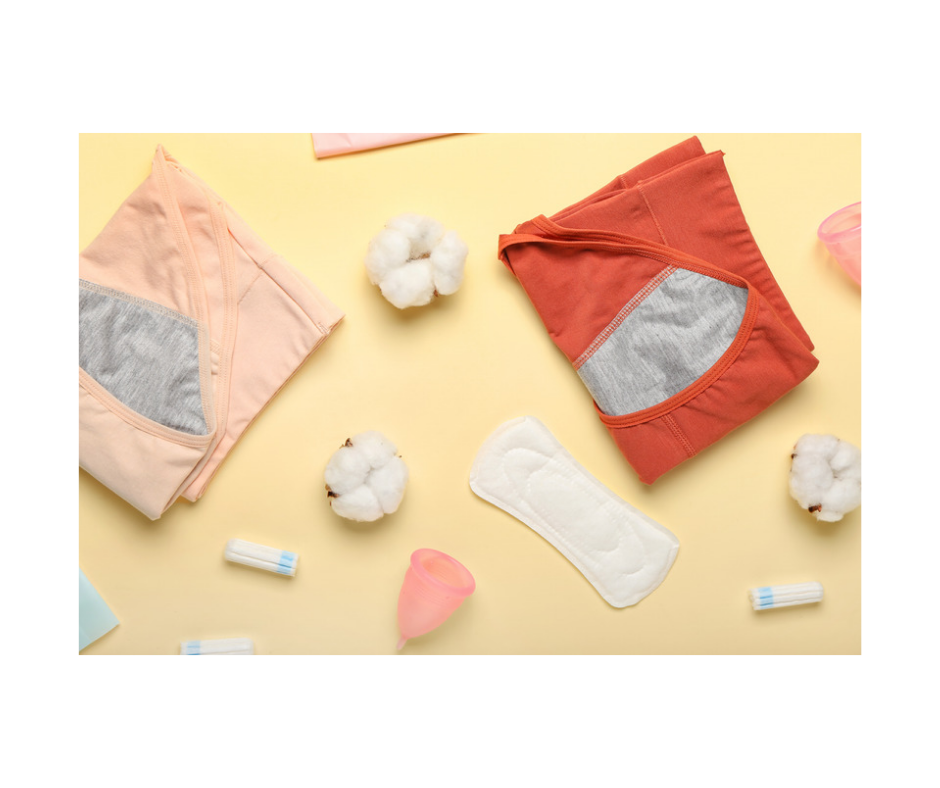Alternative Feminine Hygiene Products
Share

The feminine hygiene industry is worth billions. In fact, in 2020, the global industry was ranked at $38.9 billion and is projected to reach $68.7 billion by 2030.
Many women spend as much as 10% of their income on these products.
But while this industry grows year-on-year, numerous women have reported experiencing severe side effects from using traditional products. Side effects like vaginal dryness, itchiness, and irritation while using pads and tampons.
These effects are caused by chemicals like dioxins, fragrances, and chlorine bleach which cause skin irritation.
According to AllMatters, “Tampons, pads, and panty liners, along with their packaging and individual wrapping, generate more than 200,000 tonnes of waste annually, and they all contain plastic. In fact, pads are around 90% plastic.”
These chemicals can also lead to an increased risk of vaginal infections or even cancer. Some products can cause toxic shock syndrome (TSS), an infection that sometimes develops after prolonged use of tampons.
In the past, women often had to deal with the embarrassment of leaking from their tampons or pads. Nowadays, there are more options for menstrual care than ever before. Menstrual cups and period panties, in particular, are two innovations that can make dealing with periods easier.

The Menstrual Cup
A menstrual cup is a small, bell-shaped cup a person can insert into their vagina to collect menstrual blood during a period. They are made of medical-grade silicone, rubber, or plastic and are usually reusable. People simply empty the cup, wash it with soap and water, and insert it again.
Menstrual cups and period panties have some advantages over tampons and pads. They offer a leak-free experience, which can be a huge relief for anyone who has ever been embarrassed by a leaky tampon or pad in public. Menstrual cups are reusable and can last up to 10 years if taken care of properly, making them eco-friendly.
Period panties offer another excellent alternative to traditional menstrual products because they’re so easy to use.
A person can wear a reusable cup for up to 6–12 hours before it needs to be removed and washed. Anyone with a heavier menstrual flow may need to empty their cup more frequently. Many people report that a menstrual cup is more comfortable than pads or tampons. Cups tend not to cause vaginal dryness, which is a common complaint about tampons.
When inserted properly, the cup should not leak or spill, and a person can wear one while working out, swimming, or showering. Some brands report that their cups are safe and comfortable to wear during sex.
Inserting and removing a menstrual cup can be messy when a person is first using one. Some people feel squeamish or uncomfortable about their menstrual blood. Using a cup may not be a good option if this is the case.
A menstrual cup can also feel uncomfortable if a person does not insert it properly or if they are using the wrong size
Period Panties
They sound undeniably similar to a nappy – like something women would have worn a century ago, before any innovation or women’s liberation. But with a promised ability to remain dry and comfortable and absorb up to five tampons’ worth of blood? Obviously, I had to try them.
There are tonnes of retailers of period panties, the most absorbent of which can soak up five tampons’ worth of blood. They’ve got super high waist period panties, sport period pants sans a VPL, and boy shorts for extra coverage.
The blood absorbs immediately, so it always feels dry, and at the end of the day, simply rinse them out and pop them in the machine for a quick spin.
Reusable Sanitary Pads
Basic survival is a priority for many families, and there isn’t enough money to buy pads every month.
Reusable sanitary pads are an alternative to disposable ones that women can wash and reuse. They come in different shapes, sizes, and materials. Some reusable sanitary pads are made of cloth or cotton, while others are made of a special type of plastic or silicone. Reusable sanitary pads have been around for decades but have become more popular recently, and it is because people have started to realise the environmental impact of disposable sanitary pads.
There are plenty of eco-friendly alternatives to disposable products just as effective and affordable. Some eco-friendly options include: organic cotton tampons, menstrual sponges, period underwears, and menstrual underwear liners (pads). Visit your nearest retail outlet or online store to explore any of these products suitable for you.




